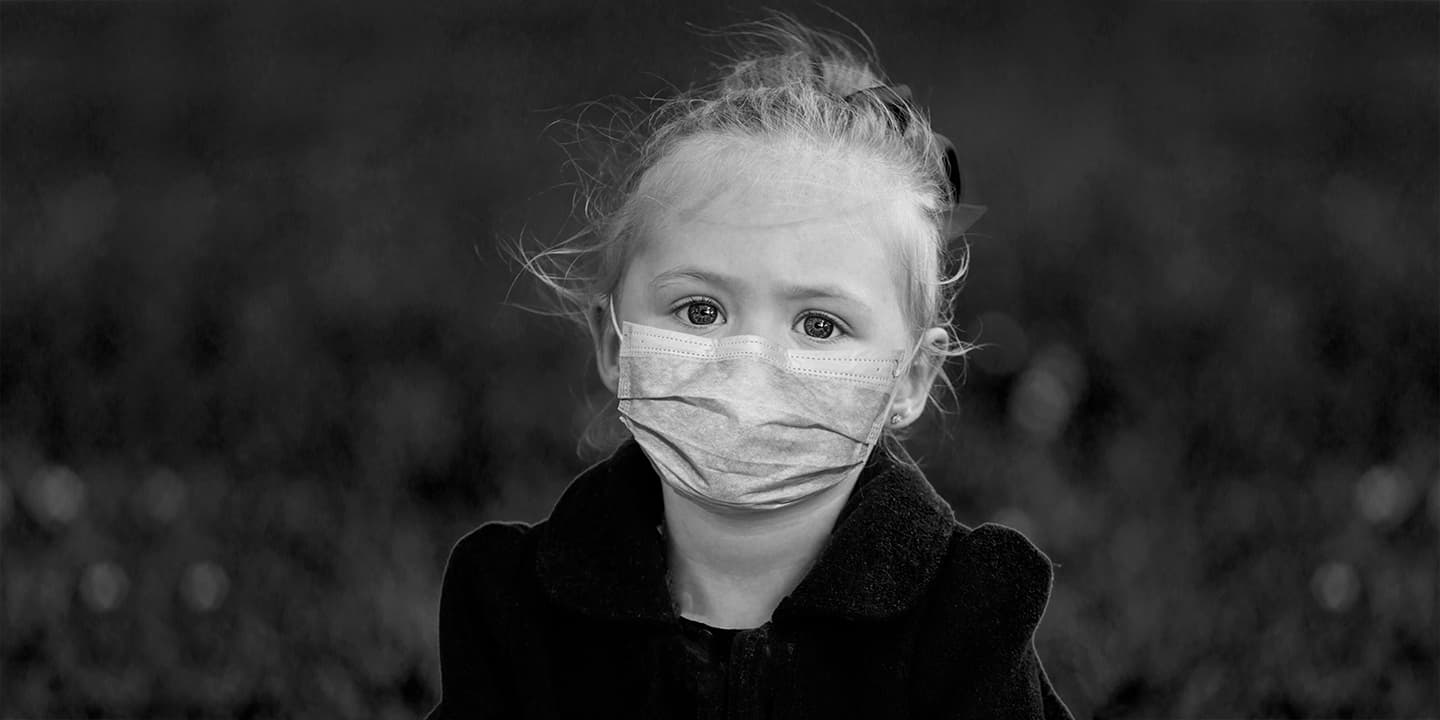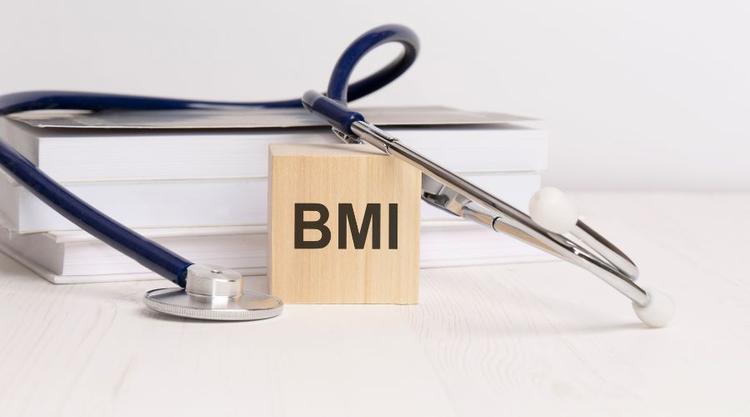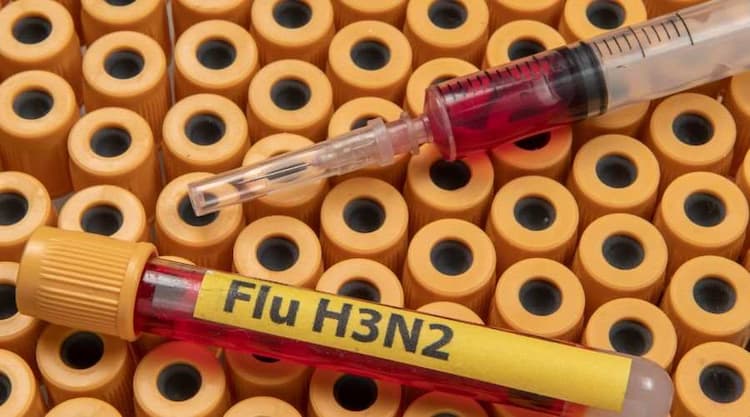Air Pollution Shows Ill Effects in Children: Study

Medically Reviewed By
Dr Divya Rohra
Written By Srujana Mohanty
on Aug 24, 2022
Last Edit Made By Srujana Mohanty
on Mar 12, 2024

The environmental and health impacts of air pollution are getting worse with the passing days. Instead of focusing on finding ways to clean and purify the air, we are actively contributing to the poor air quality. What’s more concerning about this sudden steep rise in air pollution is how it impacts the children. Recent studies report that air pollution has severe ill effects on children’s health, contributing to short-term and long-term complications. This article will explore everything about the new research and ways you can prevent these for your child's better health and well-being.
Air Pollution and its Impacts on Children – New Research Breakthrough
New research published in the journal 'New Directions for Child and Adolescent Research’ highlights the ill effects of air pollution on children's health. The study found elevated levels of inflammatory markers (interleukin 6) in the blood of the children exposed to higher levels of air pollution. Results also found irrevocably altered cardiac autonomic regulation in children, which results in irregular heart pumping. Authored by Anna M. Parenteau, a doctoral student, and Camelia E. Hostinar, associate professor, both from the UC Davis Department of Psychology at UC Davis, the study included 100 children aged between 9-11 in the Sacramento area. The primary objective was to assess how detrimental air pollution is to the health of the children, especially after rigorous cases of wildfires in the area. With the elevated risks of asthma and decreased lung function, taking note of the impacts of air pollution is crucial for the health of children. Some of the key impacts of air pollution on children included heightened risks of:
- Asthma
- Decreased lung function
- Neurodevelopmental impairments
- Autism
- ADHD
- Cognitive deficits, etc.
The study took data from the Environmental Protection Agency (EPA) and recorded insights about the fine particulate matter data to check its prevalence in the body of children. The results found elevated levels of these fine particles and inflammatory markers in the blood of the subjects. Particles with PM2.5 (measuring 2.5 micrometres and less) were also associated with cardiac complications in the children. Out of the 100 subjects in the study, 27 presented inflammation markers in their blood due to the air pollution in the areas with significantly higher PM2.5 recording. Further reiterating their findings, lead author Parenteau reported that finding the correlation between air pollution and the inflammation markers in the children’s bodies demonstrates the immediate consequences and long-term impacts of air pollution on the health of the children. With the change in climate and the human-induced environmental impacts, the rise in air pollution is expected to negatively impact the physiology of the children in the days to come. Prior studies on similar subjects have found a close-knit correlation between air pollution and risks of allergic reactions, respiratory symptoms, and sensitization in children. This study delves deeper into the concepts to establish more ill effects and long-term physiological alterations in children. Alongside consistent developmental research, introducing policy changes concerning the environment, climate, and the heightened risks of pollution is crucial for the health of people in the long term.
How to Protect your Children from Air Pollution Impacts?
According to a 2018 report from the World Health Organization, more than 90% of the world’s children breathe toxic air on a daily basis. The numbers have subsequently risen ever since. While it's impossible to shield your child from the wrath of air pollution completely, certain protective measures can proactively safeguard your child’s health in the long run. Here’s a list of factors you can follow:
1. Wear Masks
Since there is a heightened risk of air pollution in the surrounding, one of the best ways to mitigate that risk is by teaching your child to wear a mask. Although not a foolproof choice, a mask can filter out a lot of the harmful fumes and toxic air particles that negatively impact your child’s health.
2. Avoid Smoking
If you smoke or have someone at the house who smokes cigarettes, avoid doing it near your children. Avoid doing it inside the house altogether since second-hand smoking also contributes to poor health in children. Since cigarette smoke contributes to air pollution, smoking in close vicinity to your children will further deteriorate their health.
3. Limit Outdoor Activity on Ozone Alert Days
If you aren’t sure what it is, these are the alert days where air pollution is especially at high toxic levels and is quite harmful to your children. If your local authorities announce the same, try limiting any outdoor activity for those few days until things revert to normal. Your children might feel trapped and frustrated, but you need to explain the consequences to them, so they understand the issue and cooperate for good health.
4. Do as Much as Possible to Limit Air Pollution
“What change would one person bring?” This is a mentality most people have concerning the environment and climate change. You must realize that it has to start with you if you want to witness changes and improvements to the environment and climate. Make conscious efforts to reduce air pollution from your end. It isn’t a one-day process, and it will take a subsequent amount of time to introduce big changes, but if you take consistent measures, things should pan out better for your children and future generations.
FAQs
What effects does air pollution have on children?
Air pollution imposes a lot of ill impacts on the health of the children, both on their physical health and developmental process.
How does air pollution affect children's lungs?
Studies have found that elevated air pollution level is associated with decreased lung function. So, taking immediate measures to mitigate the situation is not an option but a need of the hour.
Are children immune to air pollution?
No, children are more susceptible to the impacts of air pollution, leading to risks of respiratory complications, poor lung function, etc.
Conclusion
Air pollution is a global concern that’s not just affecting the environment and the climate but is also putting children’s physical health at risk. If your child is showing symptoms that they didn’t before, including shortness of breath, tachycardia, breathlessness, coughing, etc., it could be a sign of air pollution’s consequences. Consult a doctor if the symptoms persist and get relevant testing done before the situation is worse. Being proactive about managing the symptoms and implementing protective measures to shield your child from the wrath of air pollution is a necessity.



